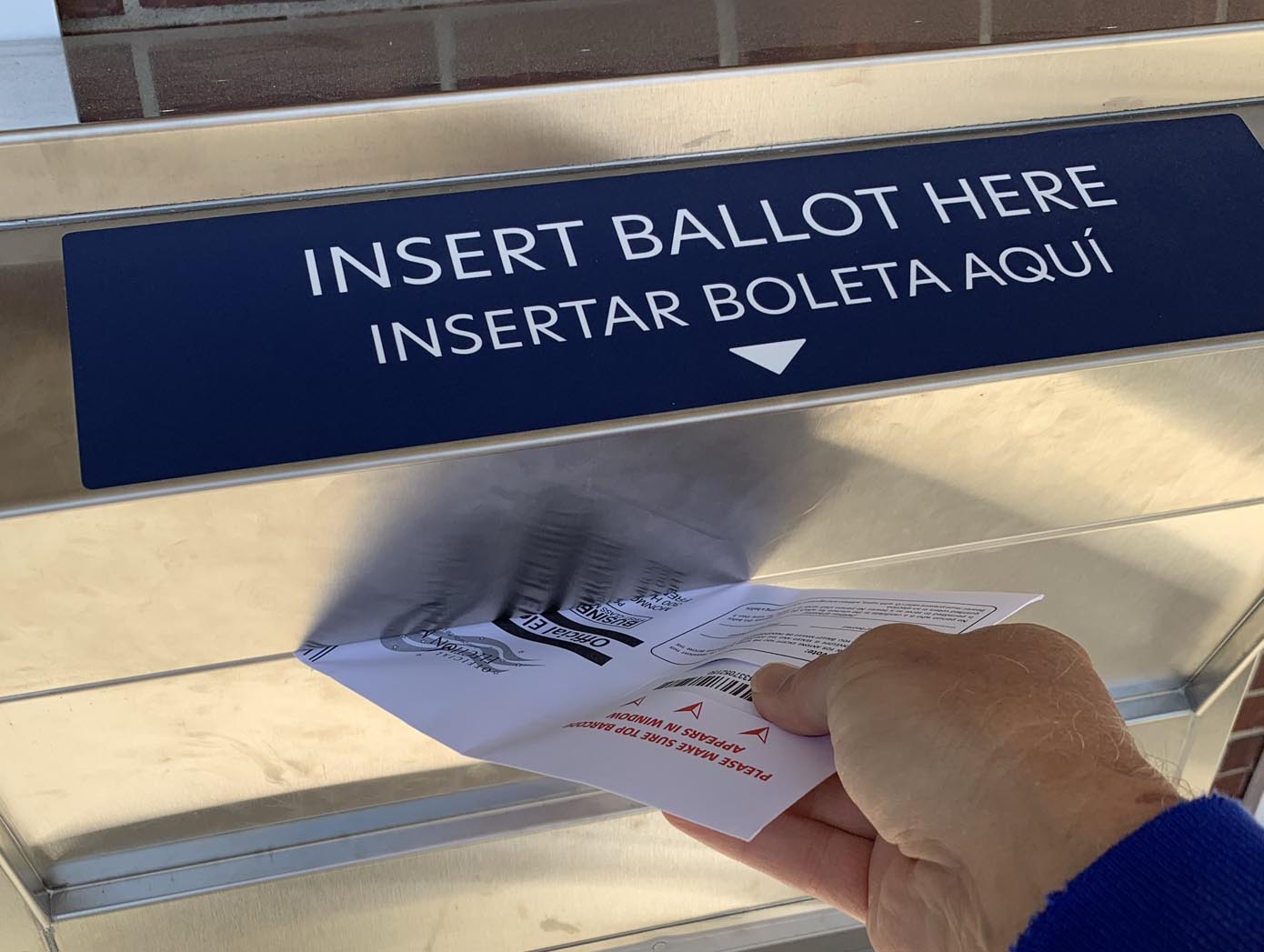Drinking This Before Bedtime Can Keep You Awake
If you struggle to sleep, you’re not alone. Celebrities like Jennifer Aniston and Taye Diggs have spoken out about their experiences with insomnia (Aniston said it turned her days into “a walking punishment,” and it affected Diggs’ personal and professional life), and according to the American Sleep Association, the disorder affects some 50-70 million Americans.
Sleep disorders can be so stressful, frustrating, and harmful to physical and mental wellness that people are willing to try many different strategies in order to get a good night’s rest. But one beverage in particular, which is widely thought to be a soothing drink of choice before bed, may actually be keeping you awake. Read on to find out whether your bedtime beverage could be interfering with your slumber.
READ THIS NEXT: If You Do This When You Sleep, Talk to Your Doctor, Study Says.
Many people aren’t sure how much sleep they should get, and may end up getting too little—or too much—shut-eye. While lack of sleep is more commonly known to have negative effects on the mind and body, oversleeping can also cause health problems.
An article published by the National Library of Medicine lists hypertension, obesity, depression, and an increased risk of heart disease as some of the cumulative effects of sleep disorders. Research has linked sleeping longer than nine hours a night with markers of dementia such as decreased memory and difficulty learning, and “oversleeping has been linked to a host of medical problems, including diabetes, heart disease, and increased risk of death,” WebMD reports.

“Adults between 18 and 64 need seven to nine hours of sleep per night,” advises the Sleep Foundation, noting that “adults over 65 need seven to eight hours” and reporting that 32.2 percent of American adults get less than seven hours of sleep each night.
Almost half of all adults in the U.S. say they experience daytime sleepiness between three and seven days a week. But the effects of having a sleep disorder extend far beyond merely feeling tired.
“Common sleep disorders like insomnia, restless leg syndrome, narcolepsy and sleep apnea can affect every aspect of your life including your safety, relationships, school and work performance, thinking, mental health, weight and the development of diabetes and heart disease,” warns the Cleveland Clinic.

Bedtime routines can be extremely effective in helping people get a good night’s sleep, and settling in with a cup of herbal tea definitely sounds like a good way to start off your slumber. Chamomile is a popular choice, but if you’re not a fan, tea expert Ashley Haywood, founder and CEO of the artisan tea bag company Embrew, says there are other options.
“If floral teas aren’t your thing, hops (yes, the kind in a good IPA), valerian, and a CO2 decaffeinated green tea are great too,” she tells Best Life. However, she warns that drinking herbal tea may be a misstep when it comes to sleeping through the night, explaining that it can backfire in couple of different ways.
For more health news sent directly to your inbox, sign up for our daily newsletter.

Not all herbal teas are bedtime-friendly, says Haywood. “There is a misnomer that all herbal teas are caffeine free, but if a tea is marketed as herbal, that simply means it’s not true tea from the camellia sinensis plant,” she explains, noting that some herbal teas are, in fact, caffeinated.Other herbal teas can contain energizing ingredients, Haywood says, such as herbs like ginseng, ginko, and guarana. “It’s best to avoid those if you’re trying to settle in for the night and fall asleep quickly,” she advises.
Another potential problem with a cup of tea before bedtime is that you may need to get up during the night to pee (although Haywood points out that this may not occur as much with someone who is well hydrated—another reason to drink water!). “If you have the tendency to pee multiple times per night, it’s best to drink your evening tea right after dinner—at least two hours before getting into bed,” says Haywood. “This gives your body time to absorb and process the calming herb properties, and also expel the liquid before you fall asleep.”
" Conservative News Daily does not always share or support the views and opinions expressed here; they are just those of the writer."




